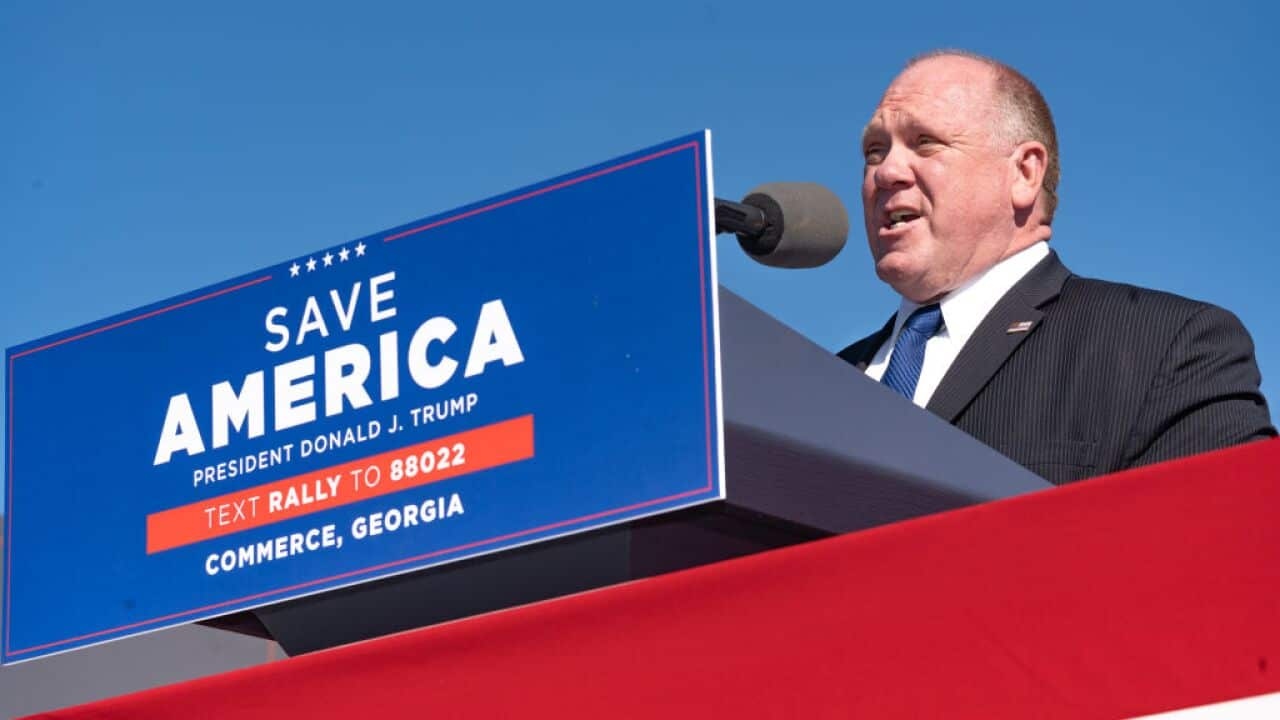In a shift that could reshape US immigration policy, President Donald Trump has signed an executive order ending the long-standing practice of birthright citizenship.
What is birthright citizenship?
Birthright citizenship, also known as jus soli (right of the soil), has been in place in the US for more than a century, guaranteeing citizenship to everyone born within the country’s borders, regardless of their parents' immigration status.
As Trump targets this policy, parallels can be seen to Australia's own immigration reforms when it ended birthright citizenship in 1986 under the Hawke government.
The shift was part of broader reforms aimed at tightening immigration controls, preventing illegal immigrants and ensuring that citizenship was tied to a genuine connection to the country.
Australia's policy since 1986
Today, Australian citizenship is granted to children born in the country only if at least one parent is an Australian citizen or permanent resident.
Children of temporary residents may still qualify for citizenship, but only after living in Australia for the first 10 years of their lives.
Why might Trump adopt Australia's model?
For Trump, adopting a similar model could support his agenda of reducing illegal immigration and "securing" US borders.
Australia’s framework could also provide a tested blueprint for curbing 'birth tourism' — a practice which is described by the US Department of Homeland Security as a "troubling and unintentional phenomenon" and a "practice by which expecting parents travel to the United States to give birth and secure US citizenship for their children".
Legal challenges Trump may face
Dr Sangheeta Pillai is a constitutional lawyer and senior research associate at the Andrew and Renata Kaldor Centre for International Refugee Law. She says while there’s no constitutional right to birthright citizenship in Australia, the position in the US may be different.
"The 14th Amendment of the US Constitution states that all persons born or naturalized in the United States, and subject to the jurisdiction thereof, are citizens of the United States," Pillai said.
"It’s not at all clear that the US President has the authority to end birthright citizenship by executive order. There is some debate about the interpretation and application of these words, but a number of US legal experts have expressed doubt about the validity of the executive order."
Twenty-two US states have already launched a legal challenge to the order, on the basis that the president does not have the authority to make it.
Pillai says that the US is likely to have a longer and tougher road to ending birthright citizenship than Australia did.
"There are certainly legal and humanitarian implications of ending birthright citizenship, but I don’t think they’re something the incoming Trump administration is overly focused on," Pillai said.
"The bigger question is whether it’s possible for Trump to end birthright citizenship by executive order at all."










